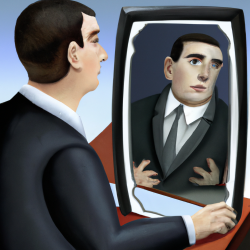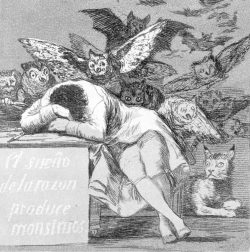January 17, 2024
Many employers don’t think GenZ are well prepared for the workplace
 A new poll from WorkL claims that half of employers believe that Generation Z is not entering the workplace well-equipped with the skills and knowledge needed for their roles. The annual WorkL Global Workforce Report 2024 suggests that mentoring initiatives are being implemented by employers to support Gen Z, with four in ten employers taking the step. Having been significantly impacted by the global pandemic and the shift in traditional working practices, WorkL has seen a falling engagement score for the youngest demographic over the last 12 months; decreasing from 71 percent in 2021 down to just 67 percent in 2023, a concerning four percentage point decrease and the lowest score out of all age groups. More →
A new poll from WorkL claims that half of employers believe that Generation Z is not entering the workplace well-equipped with the skills and knowledge needed for their roles. The annual WorkL Global Workforce Report 2024 suggests that mentoring initiatives are being implemented by employers to support Gen Z, with four in ten employers taking the step. Having been significantly impacted by the global pandemic and the shift in traditional working practices, WorkL has seen a falling engagement score for the youngest demographic over the last 12 months; decreasing from 71 percent in 2021 down to just 67 percent in 2023, a concerning four percentage point decrease and the lowest score out of all age groups. More →









 For many people, a large portion of the day is spent at the workplace. In fact, the average person will spend 90,000 hours at work over a lifetime. The Covid-19 pandemic saw the typical ‘workplace’ setting change for many people, after businesses around the globe were forced to adjust to a ‘work-from-home’ model. Now, three years later, we are starting to see more employees return to the office, with large corporations including JPMorgan, Chase, Apple and Google all announcing plans to bring their workers back to base.
For many people, a large portion of the day is spent at the workplace. In fact, the average person will spend 90,000 hours at work over a lifetime. The Covid-19 pandemic saw the typical ‘workplace’ setting change for many people, after businesses around the globe were forced to adjust to a ‘work-from-home’ model. Now, three years later, we are starting to see more employees return to the office, with large corporations including JPMorgan, Chase, Apple and Google all announcing plans to bring their workers back to base. 






























January 15, 2024
Forget all the talk of Blue Monday; work is still (largely) good for us
by Mark Eltringham • Comment, Facilities management, Wellbeing, Workplace